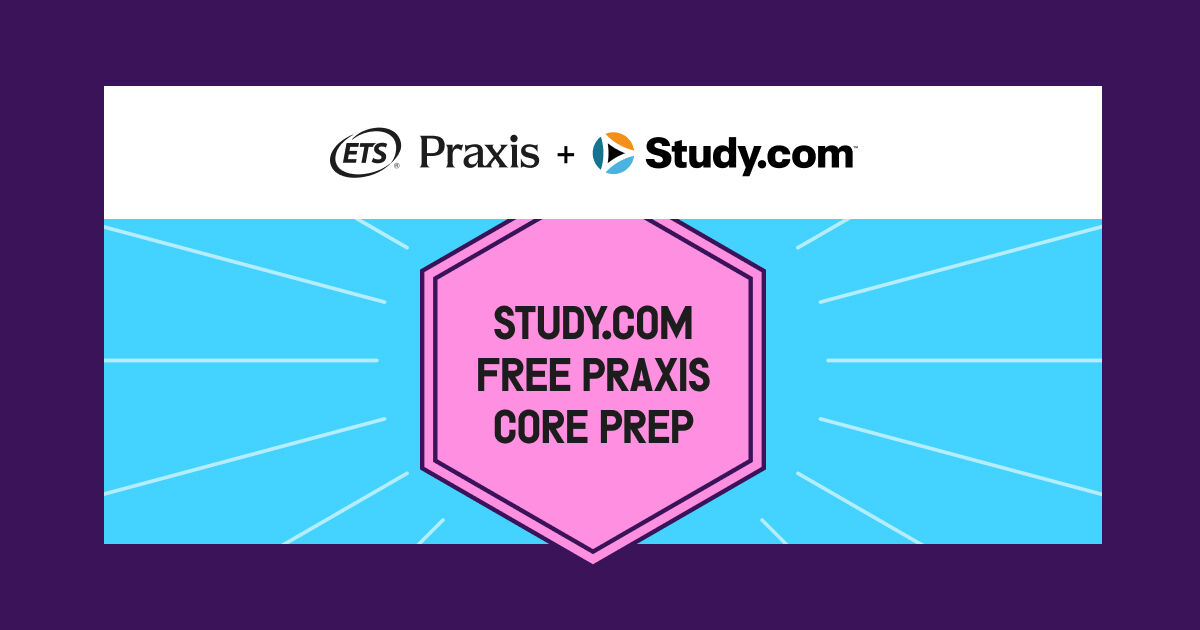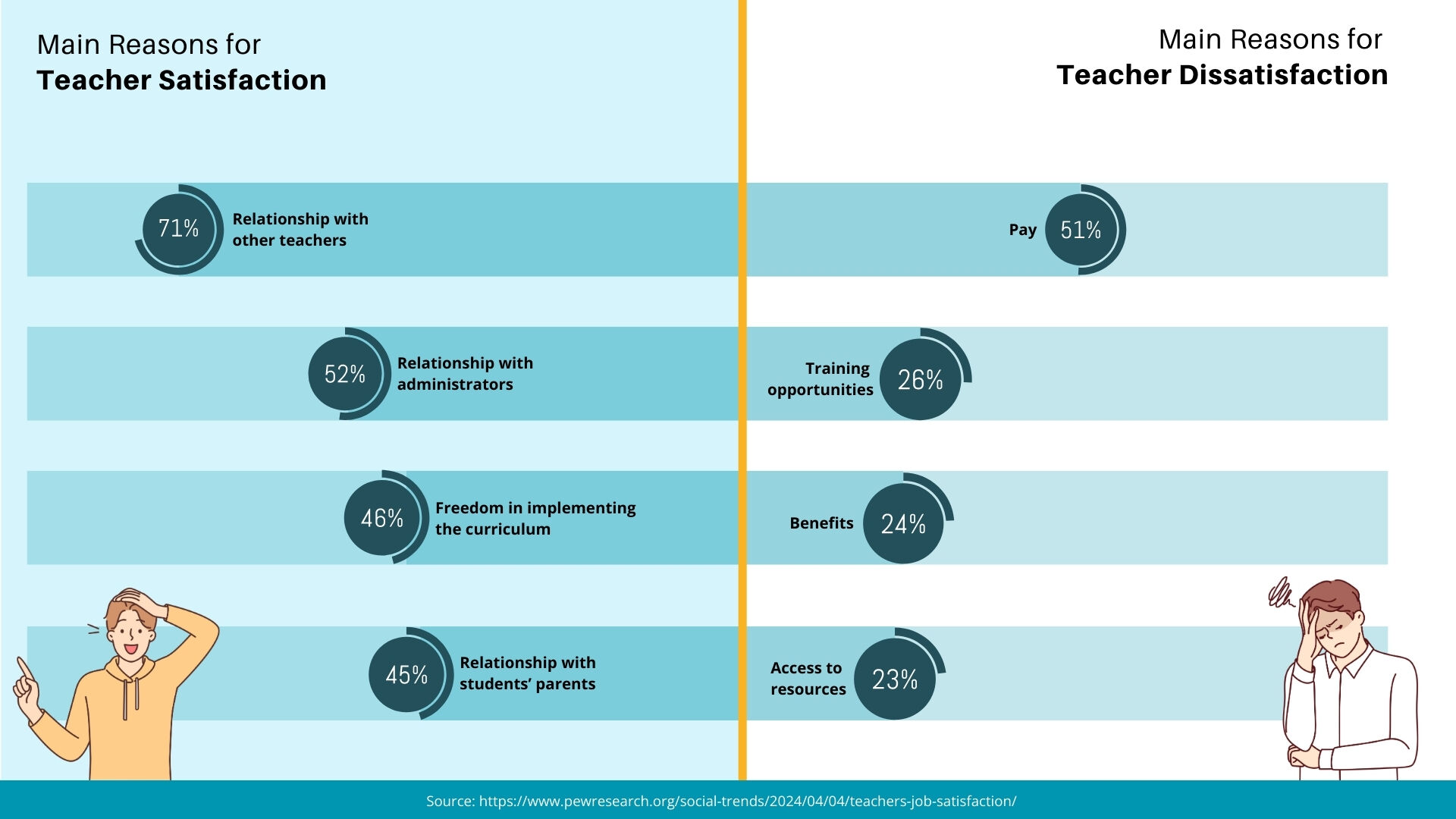Excellent teachers yield excellent students
In the ever-evolving landscape of higher education, one factor remains constant: how excellent teaching affects student success.
As institutions grapple with such issues as changing student demographics and technological advancements, cultivating and supporting outstanding educators has never been more vital. Dr. Anna Mountford-Zimdars of King's College London emphasizes this point, noting that "the importance of teaching and the need to recognize excellence are unmistakably [important].”
But what constitutes teaching excellence, and how can institutions foster it? This blog explores the nature of outstanding teaching as well as the approaches implemented across academia that help nurture and celebrate pedagogical prowess.
Excellence as a key changemaker
At its core, teaching excellence is about creating transformative learning experiences.
According to the Schreyer Institute at Penn State, this kind of excellence is "an academic process by which students are motivated to learn in ways that make a sustained, substantial, and positive influence on how they think, act, and feel.” This definition underscores the profound impact that exceptional educators can have on their students' intellectual and personal development.
But doing so requires a range of attributes. Teachers can’t just be subject matter experts; they also "posses[s] thorough knowledge of subject matter and demonstrat[e] a contagious enthusiasm" while still "help[ing] students connect learning experiences and facilitat[ing] development of self-knowledge.”
Increasingly, institutions recognize the need to support and develop these attributes in faculty. The Teaching Excellence and Motivating Success (TEAMS) program at Mississippi State University's College of Arts and Sciences is a prime example of this commitment. As MSU’s Dr. Kelly Moser explains, "The importance of a great teacher cannot be underestimated. They inspire the next generation of leaders, innovators and changemakers.” By providing resources, fostering collaboration, and celebrating best practices, programs like TEAMS help elevate teaching across campuses.
Similarly, the University of Leeds has demonstrated its commitment to teaching excellence through its National Teaching Fellowship and Collaborative Award for Teaching Excellence recipients. Dr. Pam Birtill, recognized for her work at Leeds in assessment, emphasizes the importance of fairness and inclusivity in teaching practices. Her approach "ensures assessment is fair, inclusive and authentic,” a designation which highlights how teaching excellence extends from the classroom to all aspects of the student experience.
Fostering teaching excellence also requires a shift in institutional priorities, which often create inefficiencies that "obfuscate rather than address with the intellectual prowess warranted.” To truly nurture outstanding teaching, institutions must be willing to confront systemic issues and implement meaningful reforms.
One key area for improvement? Preparing faculty given that "unlike K-12 educators, who undergo extensive training in pedagogy, higher education [faculty can] lack formal preparation in teaching methods and curriculum design.” Addressing this gap through comprehensive development programs is essential for fostering teaching excellence.
A transformative culture
While we look to the future of higher education, fostering teaching excellence must be a top priority.
As Dr. Richard W. Schneider, former president of Norwich University, puts it, "Vision without resources is hallucination.” To truly foster teaching excellence, institutions must invest in their faculty, provide robust support systems, and create cultures that celebrate and reward outstanding teaching.
In conclusion, the path to teaching excellence requires commitment from individual educators, institutional leadership, and the entire higher education community. With this buy-in, we can create learning environments that transform lives and prepare students for the challenges of the future. As we continue to navigate the complexities of modern higher education, let us remember that at its heart, our mission is to inspire, engage, and empower the next generation through exceptional teaching.
Ready to begin your own journey of excellence?
Learn more
By Praxis Editorial Team
Using the Tomorrow’s Teacher blog, the writers, thought leaders, and researchers who comprise the Praxis Editorial Team focus on the pedagogical issues that matter most to educators. The goal: to create and sustain a constant dialogue, and to unite the interests of all those who value teaching and learning.
More Posts

Strategies for Student Engagement and Classroom Practice

By Praxis Editorial Team
Published on August 13, 2024
.jpg)
Top AI Tools That Benefit Teaching and Learning

By Praxis Editorial Team
Published on July 30, 2024

Mastering Teacher Skills Through Performance Tasks

By Praxis Editorial Team
Published on July 16, 2024

Embracing Technology as a Learning Partner

By Praxis Editorial Team
Published on July 2, 2024

Becoming a Teacher: A Guide for Aspiring Educators

By Praxis Editorial Team
Published on June 18, 2024

Supercharging Pedagogy: The Power of AI in Education

By Praxis Editorial Team
Published on June 5, 2024

A Critical Resource: The Importance of Literacy Skills

By Praxis Editorial Team
Published on May 21, 2024

Social Emotional Learning: Vital for Teacher Preparation

By Praxis Editorial Team
Published on May 14, 2024

Overcoming Praxis Test Challenges: Retaking and Succeeding

By Praxis Editorial Team
Published on May 7, 2024
.jpg)
Future Directions: How Praxis and Study.com Consider Educator Preparation and Support

By Praxis Editorial Team
Published on April 30, 2024
.jpg)
Unveiling Educational Impact: ETS Praxis Ventures into New Research Horizons

By Praxis Editorial Team
Published on April 23, 2024

Achieving Success: Our Innovative Test Prep for Praxis Core

By Praxis Editorial Team
Published on April 15, 2024
.jpg)
Unlocking Diversity: ETS and Study.com Research Explores Keys to the Classroom

By Praxis Editorial Team
Published on April 9, 2024

Enhancing Literacy Learning: Blending Technology and Education

By Praxis Editorial Team
Published on April 2, 2024

Get Your Dream Job: Top 10 Interview Questions

By Praxis Editorial Team
Published on March 25, 2024

Making the Grade: Finding Your Ideal First Teaching Job

By Praxis Editorial Team
Published on February 27, 2024

Assessment Strategies I Wish I Knew When I Started Teaching

By Praxis Editorial Team
Published on March 12, 2024

Empowering New Teachers with Professional Development

By Praxis Editorial Team
Published on March 5, 2024

Supercharging Education with Formative Learning

By Praxis Editorial Team
Published on March 19, 2024

Meet Praxis: Where Education Leads the Conversation

By Praxis Editorial Team
Published on February 20, 2024

Breaking Boundaries: Praxis and Study.com Partner to Empower Educators

By Praxis Editorial Team
Published on February 20, 2024

Building the Future of Teaching: Essential Investments for New Educators

By The Study.com Editorial Team
Published on September 10, 2024

Unlocking Student Potential: How SEL Fosters Success

By Praxis Editorial Team
Published on August 27, 2024

ProEthica: Promoting Ethical Education and Teaching Excellence

By Praxis Editorial Team
Published on October 8, 2024

Master the Praxis: Essential Tips and Strategies for Exam Success

By Aparajita Mitra
Published on October 22, 2024
New Praxis prep - available now!
Learn more




